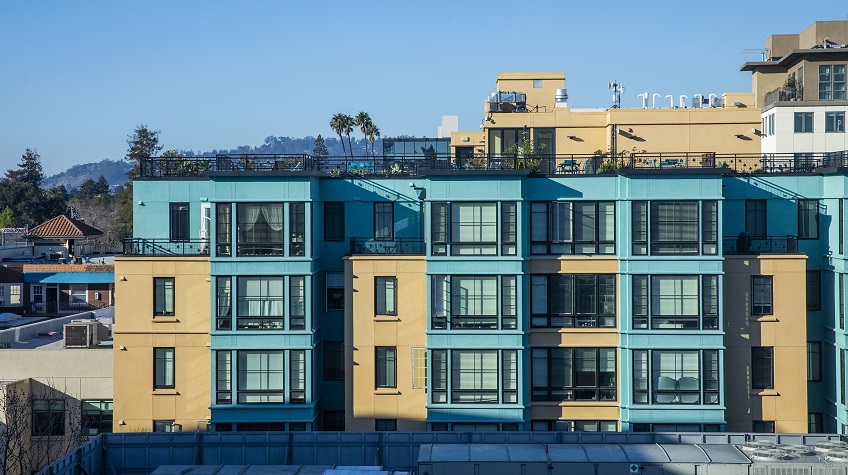New Laws Affecting Rental Properties
Brief summaries of recent changes to Rent Board Regulations, and new state and local laws affecting rental properties.
Recent Rent Board Regulation changes
Regulation 1146 - 2024 Annual General Adjustment Order. Dated October 23, 2023
Appendix C, Chapter 12 - US Department of Housing and Urban Development Lower Income Limits. Dated July 20, 2023
Appendix B, Chapter 12 - US Bureau of Labor Statistics CPI Information. Dated July 20, 2023
Regulation 883 – Amended to allow waiver of penalties when a property owner discovers that they failed to pay registration fees through their inadvertence and promptly makes full payment of registration fees as set out in subsections H through L. Amended May 18, 2023.
Regulation 884 – Amended to grant the Executive Director authority to forward certain waiver requests to the Board for discretionary review and for a final decision. Amended May 18, 2023.
Regulation 1266 - Updated self-labor rates with current Consumer Price Index information. Updated January 19, 2023.
Recent state or local law changes
New Law on Security Deposits
Under AB 12, effective July 1, 2024, landlords can only charge security deposits up to one month's rent for unfurnished and furnished units. Landlords who only own two rental properties with no more than four units total can charge up to two month's rent for the security deposit, unless the tenant is in the military. This exception applies when ownership is held by natural persons, a family trust, or LLCs where all the members are natural persons.
Increased Ellis/OMI Payments
Effective January 1, 2024, the standard relocation assistance payment to tenants for Ellis Act and Owner Move-in (OMI) evictions is increased to $18,533, and the additional payment for low-income, disabled, elderly, families with minor children, or tenancies that began prior to 1999 is increased to $6,177.
New Registration Requirements for Partially Covered Units
Measure MM (passed by Berkeley voters in 2020) requires rented single-family homes, rented condominiums, and newly constructed rental units to be registered with the Rent Board. These units are exempt from rent control, but not from the good cause for eviction requirements. Registration generally includes an annual fee and the filing of registration forms. The Registration requirements do not apply to landlords who only own a single-family home and who will be temporarily absent from it for not more than two years, provided they live in the home for one year before renting it out, and the period of absence is specified in the lease.



